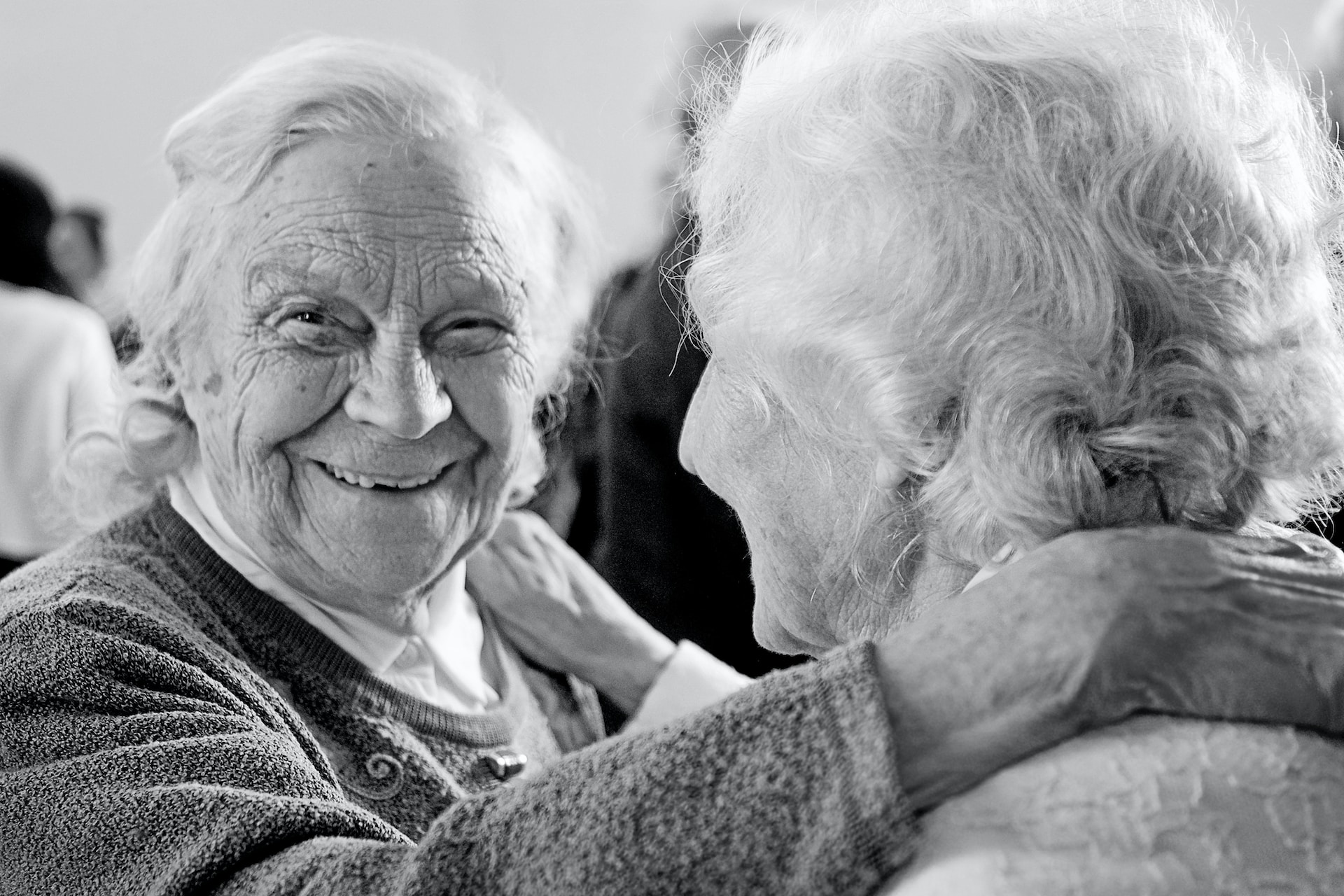Vaping and Children’s Health 2023
By Ashley Barnes, M.S. What is vaping? Vaping is synonymous with e-cigarettes (electronic cigarettes) and has increased in popularity over the last decade. According to a description from the Centers for Disease Control and Prevention (CDC): E-cigarettes/vapes are electronic devices that heat a liquid and produce an aerosol, or mix of small particles in the air. E-cigarettes/vapes come in many shapes and sizes. Most have a battery, a heating element, and a place to hold a liquid. Some e-cigarettes/vapes look like regular cigarettes, cigars, or pipes. Some look like USB flash drives, pens, and other everyday items. Larger devices such as tank systems, or “mods,” do not look like other tobacco products. E-cigarettes are known by many different names. They are sometimes called “e-cigs,” “e-hookahs,” “mods,” “vape pens,” “vapes,” “tank systems,” and “electronic nicotine delivery systems (ENDS).” Using an e-cigarette is sometimes called “vaping.” Big tobacco companies have marketed vaping …





